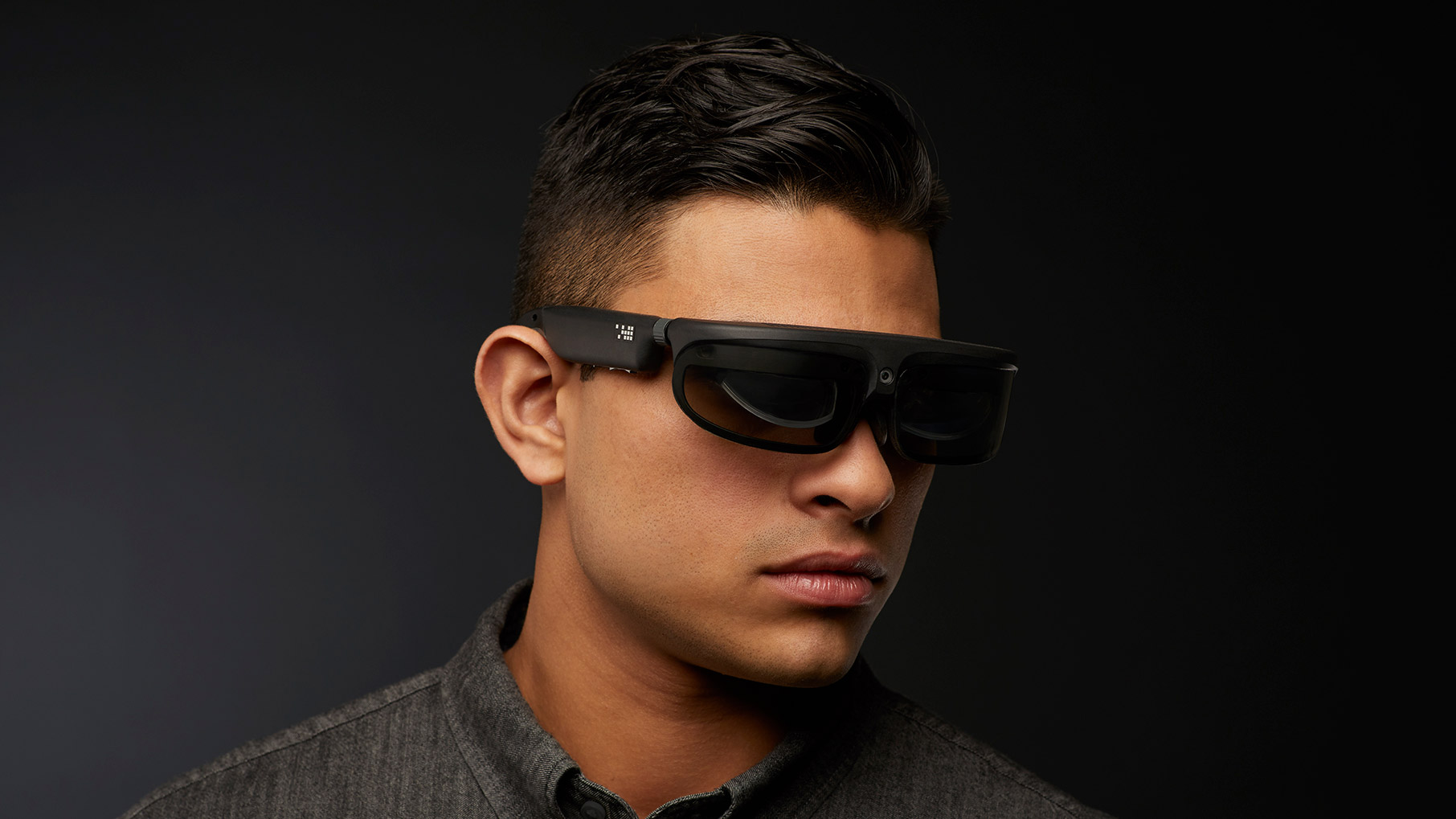AR 1.0 is dead: Here’s what it got wrong
The first wave of AR startups offering smart glasses is now over, with a few exceptions.
Google acquired North this week for an undisclosed sum. The Canadian company had raised nearly $200 million, but the release of its Focals 2.0 smart glasses has been cancelled, a bittersweet end for its soft landing.
Many AR startups before North made huge promises and raised huge amounts of capital before flaring out in a similarly dramatic fashion.
The technology was almost there in a lot of cases, but the real issue was that the stakes to beat the major players to market were so high that many entrants pushed out boring, general consumer products. In a race to be everything for everybody, the industry relied on nascent developer platforms to do the dirty work of building their early use cases, which contributed heavily to nonexistent user adoption.
A key error of this batch was thinking that an AR glasses company was hardware-first, when the reality is that the missing value is almost entirely centered on missing first-party software experiences. To succeed, the next generation of consumer AR glasses will have to nail this.

Image Credits: ODG
App ecosystems alone don't create product-market fit